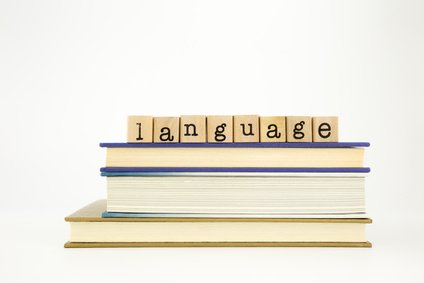 This saying with strong literary connotations speaks to me.
This saying with strong literary connotations speaks to me.
Along with the rest of our “new” world, translation is split between low cost and quality, between a barely “correct” or even word for word translation and an easy to read translation written with the target audience in mind. Each has its characteristics, its utility and its price.
A translation customer must decide how important their text is before deciding which end of the market to buy from.
The advent of automatic translation and CAT tools, and businesses’ ever diminishing budgets have undoubtedly taken their toll on the quality of translated texts.
Producing a fluent, idiomatic and “localised” translation is time-consuming, as it is the spirit of the text and not the words themselves which must be translated, a process which requires consideration and know-how.
Let’s take a (real) example:
In a bar, a sign reads: “it is forbidden for women to have children at the bar”.
What do you understand at first glance? 🙂
This example might make you smile but what if such ambiguity is found in a company brochure, a press release, a legal document or a strategically important text?
Literature is not the only form of writing. Concepts – technical or otherwise – must be clearly expressed, otherwise what’s the point in translating?
I once heard a conference speaker talk about cultural interpreting but what interpreter can allow themselves to ignore the culture and codes of a country whose language they speak? In the same way, what translator can reduce themselves to translating words and not meaning?
Coming back to the gap between quick, cheap or even free translation (in the case of Google Translate), and professional translation, necessary, useful and efficient for a business. Each has their place but the former will never possess the finesse, fluency and impact of the latter.
Making a text a pleasure to read and expressing its concepts and ideas clearly requires writing skills that go far beyond simple translation: they require true knowledge of the subject, linguistic skills and time!
One cannot stick ones head in the sand and think that a low-cost translation will afford a text the same care and attention. It will be grammatically correct at best, if it’s proofread.
The first question to ask oneself, therefore, is: what do I want from my translation?
A simple transposition into the target language? Or a translation that represents the essence of the source text and which the reader will find interesting or even thought-provoking?
Clients must be aware that there are two translation markets. The professional, human translator, an expert in their mother tongue and the field, cannot be paid a pittance. Professional translation has a price, and it’s always lower than that of a useless translation.
It is essential, therefore, to choose the correct translation provider. CG is a professional, honest and trustworthy company, among others 🙂 … It is always worth testing whether your partner is able to fulfil their promises.


